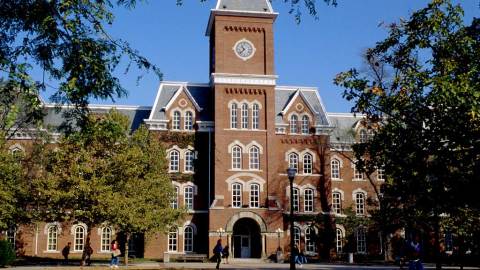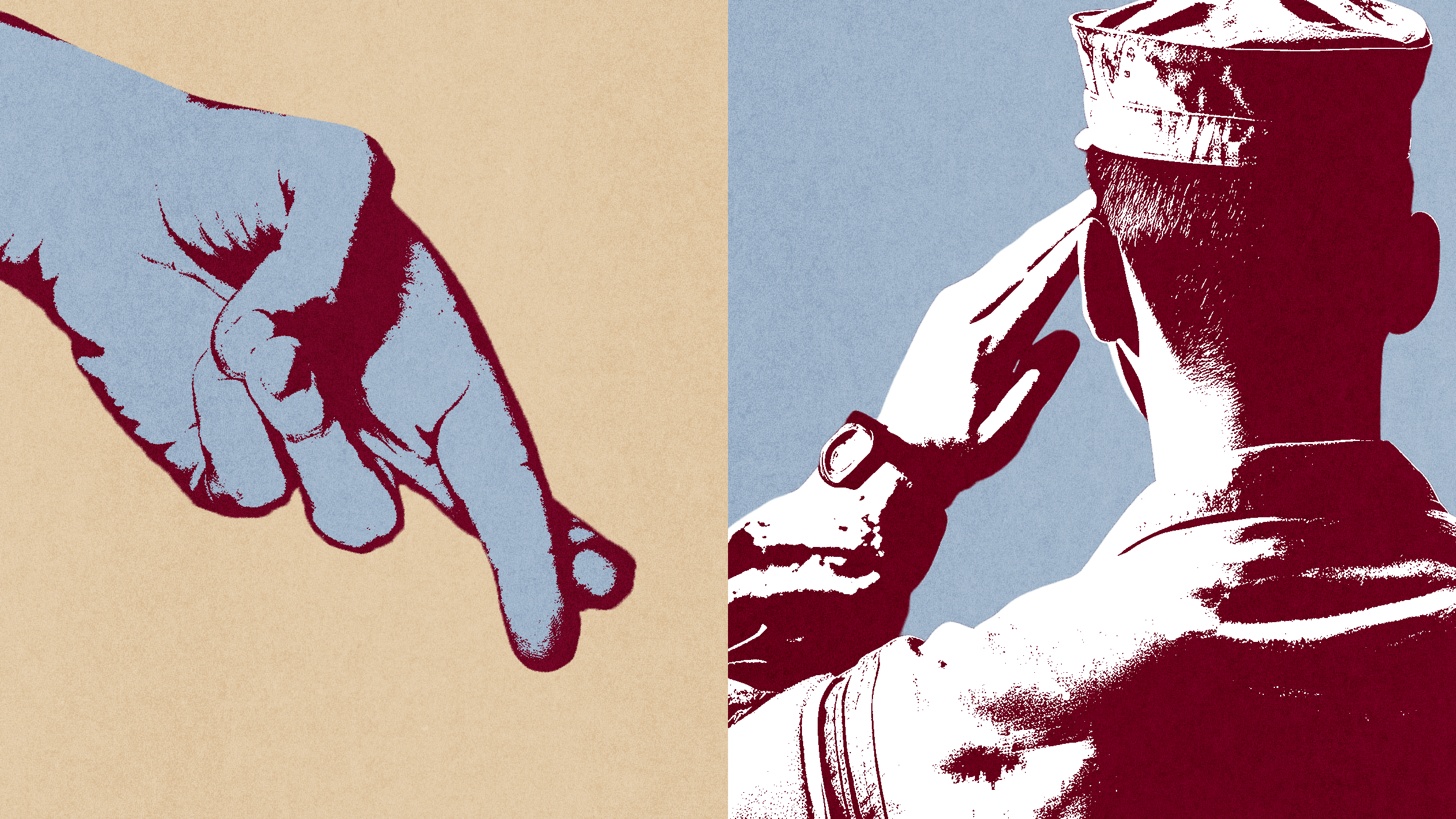How Would You Fix School?

For centuries, the dominant image of college in America has been that of a secluded campus, full of 18-22 year-olds educating themselves for the future. Yet, as Big Think’s recent guest Gerald Chertavian explains, this notion is not only wrong, it is entirely contradictory to the needs of the new, knowledge-based economy. Currently, only about 29% of Americans obtain a college degree, a mere 8% of which do so by the age of 22, while the truly typical college student completes their post-secondary education at the age of 27—while working an average of 25 hours a week. Clearly, if America is going to stay competitive in an age where refined skills need be to spread amongst entire populations, a different model of education must take hold.
Spotting this need, as well as the shameful “opportunity divide” afflicting the urban poor, Chertavian founded Year Up, a non-profit organization that provides professional training to the otherwise disenfranchised. As Chertavian explains, starting a business, even one with such noble intentions, isn’t exactly a walk in the park—it takes perseverance, the ability to sell people on the power of one’s idea, and a new way of enacting private/public partnerships.
Despite these challenges, Year Up has proven successful, making clear the three essential principles of an education and acting on them in a way that public systems have never been able to.





